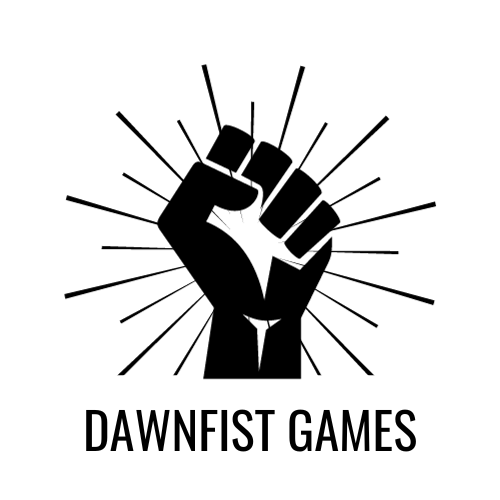I’ll try to teach you how to play osr ttrpgs…
Adventurous is bult to be played with an “Old School Renaissance (OSR) mindset”, but what is that and how do you get into that mindset? In this post I’ll give a brief overview of the OSR and the main differences between modern D&D and the OSR, and I’ll end with a movie analogy to help paint a mental picture the OSR mindset.
Briefly about the history of the OSR
The Old School Renaissance (OSR) is a movement in the tabletop role-playing game community that emerged in the 2000s, favoring early styles of gameplay over complex rules. It officially started with the release of OSRIC in 2008, a recreation of the first edition of Advanced Dungeons & Dragons. The movement diversified with the creation of rule systems inspired by different editions of early RPGs, like Swords & Wizardry and Labyrinth Lord. The OSR has evolved into a cultural movement emphasizing improvisation, player ingenuity, high risk, exploration, and a DIY ethos. Notable games within the genre are Maze Rats, Into the Odd, Lamentations of the Flame Princess and Cairn.
How to play OSR ttrpgs
There are a lot of differences between modern and old school ttrpgs, and within the osr there are many differences between the various systems. But the main differences between modern and osr rpgs can be boiled down to these 6 points:
- Rules Simplicity vs. Complexity: OSR games tend to use simple, streamlined rules. This allows for easy modification and puts the focus more on player ingenuity rather than character abilities. Modern D&D, particularly 4th and 5th editions, have more complex rules and greater emphasis on unique character abilities and skills.
- Player Skill vs. Character Skill: OSR games often emphasize player skill over character skill. For instance, success in an OSR game might depend more on a player’s strategic choices, problem-solving, or clever ideas, rather than on a character’s skills or abilities. Modern D&D places more emphasis on character skills and abilities, often relying on dice rolls tied to these attributes for problem solving and overcoming challenges. Fighting the goblin clan isn’t always the best choice in osr rpgs.
- Deadliness and Risk: OSR games tend to be more lethal and risky, with death a very real possibility. This encourages careful play and strategic retreats. Modern D&D often has more safeguards against character death, creating a more heroic feel.
- Preparation vs. Improvisation: OSR games often encourage sandbox-style gameplay, where players can go anywhere and do anything, and the world reacts logically. This often requires more improvisation from the game master. Modern D&D often uses a more plot-driven, prepared approach, with prewritten adventures and story arcs.
- Exploration and Mystery: OSR games often focus more on exploration, mystery, and discovery, with an emphasis on strange and wondrous settings. Modern D&D tends to focus more on narrative and character-driven stories.
- DIY Ethic: The OSR places a lot of value on creating and modifying your own game materials. Modern D&D, while it still encourages creativity, also provides a lot of pre-made resources, including settings, monsters, and adventures.
Movie analogy
I love analogies, it’s my favorite way of explaining things. So to explain the difference between modern day Dungeons & Dragons and the OSR I’m going to use a movie analogy:
- Modern DnD is like all the Marvel movies. Super heroes doing epic stuff and being nigh invincible doing so. The stakes are rarely real, just an illusion.
- Old school DnD and other osr ttrpgs are like Die Hard 1, it’s real, it’s gritty. The stakes are high and shit repeatedly hits the fan. The hero has a gun and a lighter, that’s it, that’s all he’s got. He doesn’t even have shoes.
I hope this post helps answer the question: “How to play osr ttrpgs?” and that it helps you run a more fun game, full of danger and excitement!

